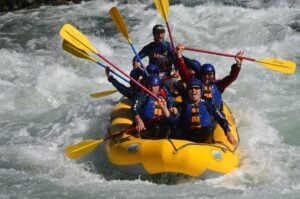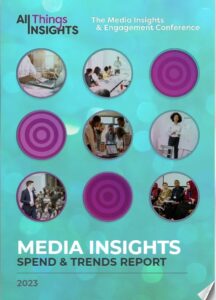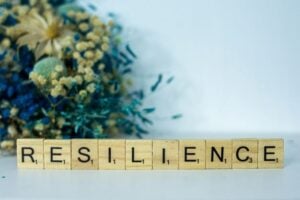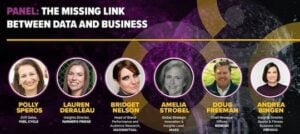You may have noticed that I’ve referred to myself as an unlicensed anthropologist along the way. I once asked Loren if that was an appropriate way to self-refer. Her response was “it’s ok. You’re engaging in anthropological thinking if you’re taking what you’re learning and applying it to yourself and others. It sounds like you’re doing that so you can check that box.”
I noted that the hardest part was the self-application part and asked why that was the case. Loren replied, “if you’re a practicing anthropologist, the only way you can understand and articulate another culture is to make sure you understand your own and how you operate in it.” She went on to explain that if you’re not self-aware then it’s very difficult to take what you’re observing and then apply it.
As Loren had a Masters in Applied Anthropology, her qualifications make that statement not an opinion, but a fact. And so that conversation with Loren came to mind when I had a chance to have a quick conversation with Jessica Southard of Mars about what she calls “People Science.” ‘People Science’ is Jessica’s term for the collective behavioral sciences of psychology, psychobiology, anthropology and cognitive science.
Register to view the session in full.
Realizing that anthropology is part of ‘people science,’ it lined up that Jessica’s advice was mostly about what Insights organizations need to do now to prepare internally for the outcomes of the behavioral sciences. In other words, Jessica’s advice is to first seek to understand then to be understood which of course is one of Steven Covey’s 7 Habits of Highly Effective People, but likely was first the Prayer of Saint Francis per Wikipedia and some of your more holy friends. It also is precisely what Loren suggested, “the only way you can understand and articulate another culture is to make sure you understand your own and how you operate in it.”
The title of Jessica’s Future of Consumer Behavior session is Applying People Science To Grow Your Business. In it, Jessica notes that despite, “‘people science’ promising a rich source of insights and causal understanding, insights organizations are a decade behind on myriad initiatives.”
When asked why that might be, Jessica noted that “‘people science’ can be easily overwhelming.” And that of course makes perfect sense. When an insights organization is tasked with not only understanding but applying a behavioral science approach, it means the application of not one but four sciences.
That’s of course beyond the simple problems we all must overcome in that, “we’re too comfortable with what we know, and that we’ve lost a bit of curiosity” about behavior of our fellow humans.
Jessica suggests that “a mindset shift is mandatory,” and it also might make sense for insights organizations to add talent with behavioral science bona fides. Or perhaps source that expertise. Or at the very least, “be curious and focus on the art of observation.”
But that will only work if you’ve accomplished self-realization, comprehend the goals of the greater business and know what the insights organization is actually trying to accomplish. If those mysteries remain unsolved, the art of observation won’t matter as you won’t grasp what you’re seeing.
Register to view the session in full.
Contributors
-
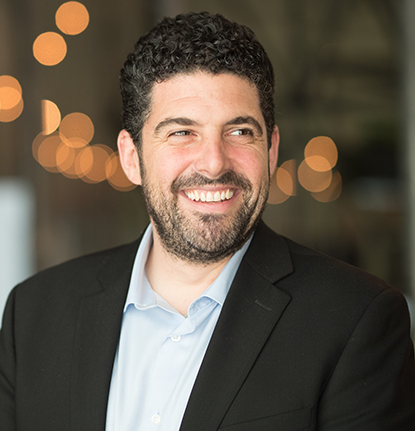
Seth Adler heads up All Things Insights & All Things Innovation. He has spent his career bringing people together around content. He has a dynamic background producing events, podcasts, video, and the written word.
View all posts -



























